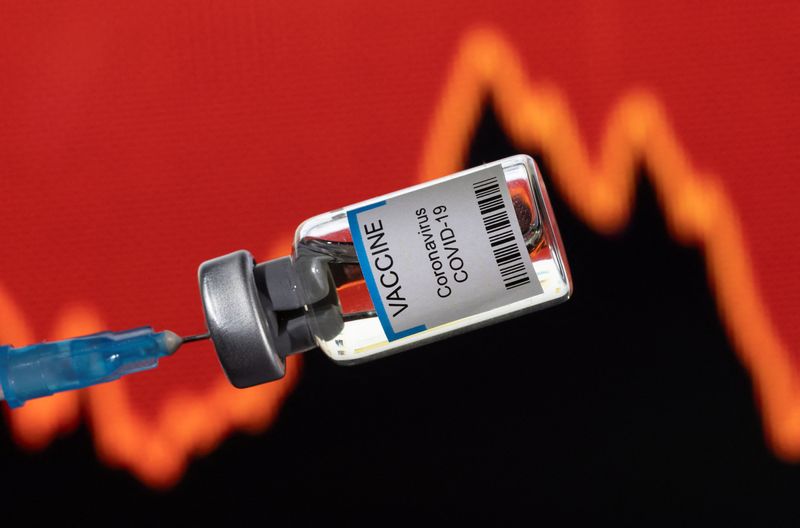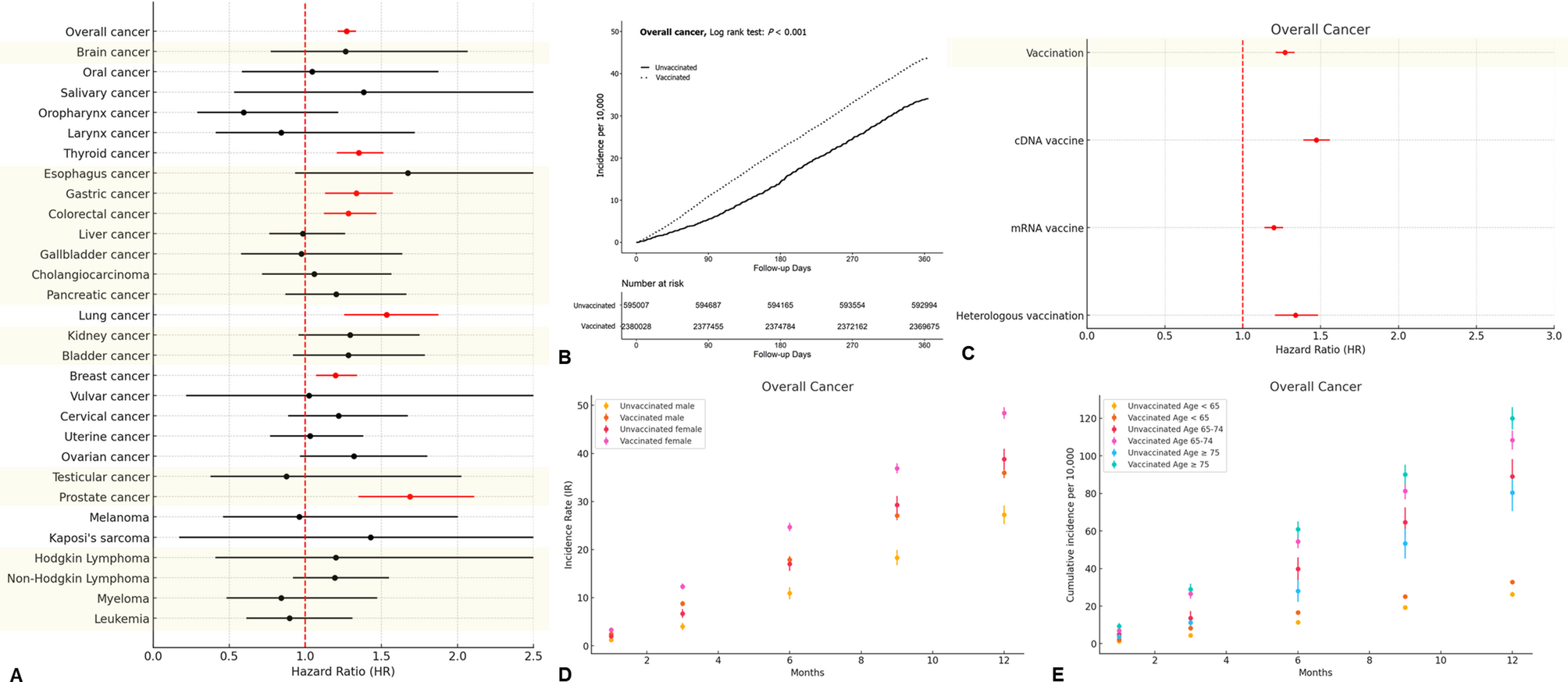
Study links Covid injections to increased cancer risk, including breast and prostate
A South Korean population cohort study of 8,407,849 people from 2021–2023, using the Korean National Health Insurance database, found higher cancer risks after COVID-19 injections. It showed increased risks for thyroid, stomach, colon, lung, breast, and prostate cancers one year after injections.
cDNA injections were tied to higher risks of thyroid, stomach, colon, lung, and prostate cancers. mRNA injections were linked to thyroid, colon, lung, and breast cancers. Mixed injection approaches raised thyroid and breast cancer risks. Men had higher risks for stomach and lung cancers; women faced greater risks for thyroid and colon cancers. People under 65 showed higher thyroid and breast cancer risks; those over 75 had increased prostate cancer risks. Booster shots raised stomach and pancreatic cancer risks, possibly due to inflammation caused by injections.

The study suggests COVID-19 injections may increase cancer risks because they use the same spike protein as the virus, which could trigger cancer. The Korean National Health Insurance Service hides the full data, raising fears over the lack of transparency. Doctors must watch for stomach cancer in people who got injections, especially with boosters, as more research is needed to uncover why injections raise cancer risks.
